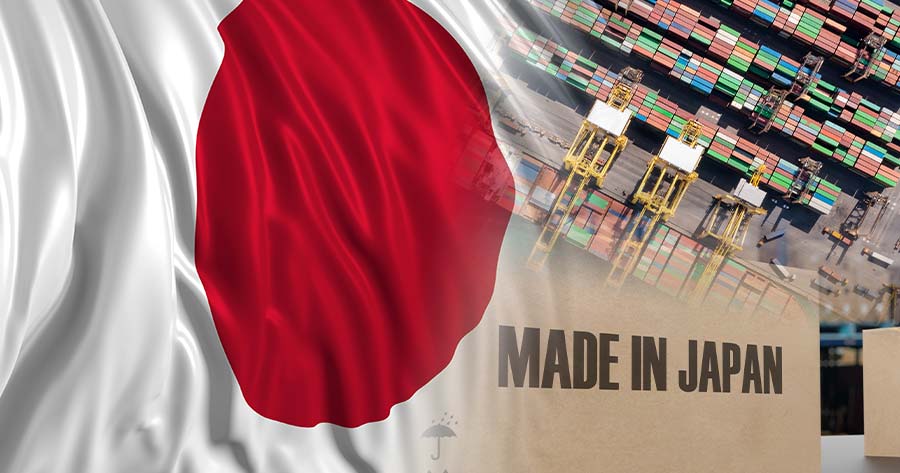Japanese exports climbed for the third consecutive month in December, with the figure exhibiting an increase of 2.8% compared to the same period last year, aided by a weaker yen that bolstered shipment values.
This growth surpassed the median market forecast of 2.3%, although it represents a deceleration from the 3.8% rise recorded in November.
Imports of the world’s third-largest economy increased by 1.8% year-on-year, falling short of the anticipated 2.6% rise, but reversing from a 3.8% decline in November.
Japan recorded a trade surplus of 130.9 billion yen ($836.80 million) for the month, defying expectations of a 53 billion yen deficit. However, the country faced a fourth consecutive annual trade deficit, amounting to 5.3 trillion yen, an improvement compared to the previous year’s 9.5 trillion yen shortfall.
Meanwhile, a decline in export volume raised doubts about future prospects amid the uncertainties stemming from U.S. trade policies.
With the U.S. President Donald Trump hinting at tariffs on imports from major partners like China, Canada, and Mexico, concerns are mounting among Japanese businesses that protectionist measures could hinder global trade flows.
Several Japanese firms with operations in the U.S. are gearing up to expand their activities, indicating a potential impact on Japan’s exports. At the same time, exports to China are increasingly vulnerable due to stringent U.S. restrictions on business dealings with China’s vast economy.
Takeshi Minami, the chief economist at the Norinchukin Research Institute, expressed that with the possibility of Trump’s tariffs and subsequent retaliatory actions potentially disrupting global trade, the situation requires careful observation to see how it unfolds.
Additionally, the Bank of Japan (BOJ) is set to commence its policy meeting on Thursday, continuing into tomorrow, with Governor Kazuo Ueda having previously hinted at potential rate hikes amid market scrutiny for any shift in Japan’s long standing accommodative stance.





